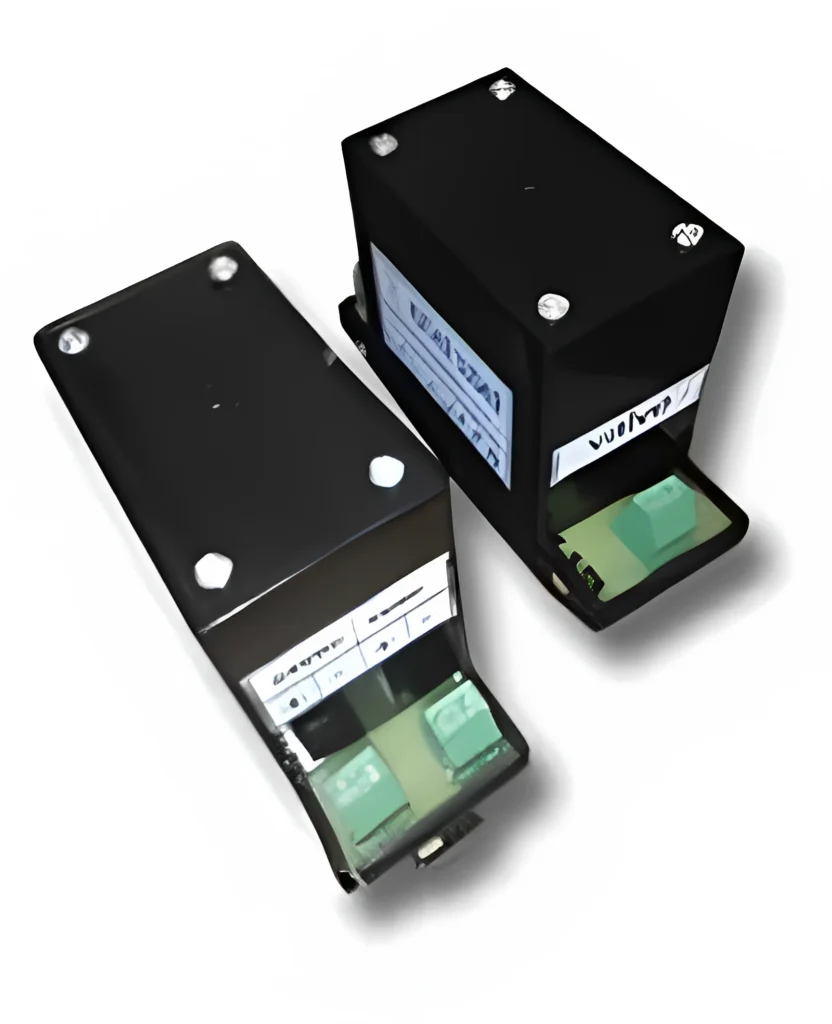In industrial settings, valves play a crucial role in controlling the flow of various fluids such as water, oil, gas, and chemicals. To ensure efficient and precise control over these valves, advanced valve controller systems are utilized. These systems, often referred to as valve controllers or valve control systems, offer enhanced functionality and customization options to meet the specific requirements of different industrial applications. In this blog post, we will explore the concept of customized valve controllers for industrial applications, discussing their features, benefits, and various applications.
Understanding Valve Controllers
A valve controller is a device or system that regulates the operation of valves by providing control signals to actuate and position them accurately. It acts as the intermediary between the control system and the valve, enabling the operator to control the flow of fluid through the valve. Valve controllers come in different types, including manual, pneumatic, hydraulic, and electric.
In recent years, there has been a growing demand for customized valve controllers that can be tailored to the specific needs of industrial applications. These customized solutions offer flexibility, efficiency, and advanced control features, ensuring optimal performance in diverse environments.
Key Features of Customized Valve Controllers
Flexibility and Compatibility Valve Controllers
Customized valve controllers are designed to be compatible with a wide range of valve types, sizes, and actuator systems. They can be adapted to work with gate valves, globe valves, ball valves, butterfly valves, and more. This flexibility allows industrial facilities to integrate the valve controllers seamlessly into their existing systems without major modifications.
Precise Positioning Valve Controllers
Accurate positioning of valves is critical in industrial processes to achieve desired flow rates and control the movement of fluids. Customized valve controllers offer precise positioning capabilities, allowing for fine adjustments and tight control over valve operation. This level of precision ensures consistent and reliable performance, improving the overall efficiency of the industrial process.
Intelligent Control Valve Controllers
Advanced valve controllers can incorporate intelligent control algorithms and feedback mechanisms to enhance their functionality. These intelligent systems can monitor and adjust valve positions based on various parameters such as pressure, temperature, flow rates, and system conditions. By continuously optimizing valve operation, these controllers maximize efficiency, reduce energy consumption, and minimize downtime.
Communication and Integration Valve Controllers
Customized valve controllers often feature communication protocols such as Modbus, Profibus, or Ethernet, enabling seamless integration with industrial automation systems. This integration allows for remote monitoring and control, data logging, and integration with other control devices, enhancing overall system efficiency and performance.
Diagnostics and Maintenance Valve Controllers
Valve controllers with built-in diagnostic capabilities can monitor the health and performance of the valve system. They can detect issues such as valve blockages, leaks, or malfunctions and provide real-time alerts to operators. This proactive approach to maintenance minimizes downtime, reduces maintenance costs, and improves overall system reliability.

Applications of Customized Valve Controllers
Water and Wastewater Treatment Valve Controllers
Customized valve controllers are widely used in water and wastewater treatment plants to control the flow of water, chemicals, and various treatment processes. These controllers ensure precise dosing, mixing, and distribution of chemicals, optimizing the treatment efficiency and maintaining water quality standards.
Oil and Gas Industry Valve Controllers
Valve controllers find extensive applications in the oil and gas industry, where they regulate the flow of oil, gas, and other fluids in pipelines, refineries, and storage facilities. With customized valve controllers, operators can maintain accurate flow rates, isolate sections of the pipeline, and ensure safety during critical operations.
Chemical Processing Valve Controllers
Customized valve controllers play a crucial role in chemical processing plants, enabling precise control over the flow of chemicals and raw materials. They help maintain specific pressure levels, prevent overflows, and enable efficient mixing and blending processes.
Power Generation Valve Controllers
Valve controllers are utilized in power generation plants, including nuclear, thermal, and renewable energy facilities. These controllers regulate the flow of steam, water, and other fluids to optimize power generation and maintain the stability and efficiency of the system.
Manufacturing and Industrial Processes Valve Controllers
In manufacturing and industrial processes, customized valve controllers are essential for controlling the flow of fluids, gases, and chemicals in various production lines. They enable accurate dosing, mixing, and distribution, ensuring consistent product quality and process efficiency.
Conclusion
Customized valve controllers have revolutionized the way valves are controlled in industrial applications. These controllers offer enhanced functionality, flexibility, and advanced control features, allowing for precise positioning, intelligent control, and seamless integration with existing systems. With their diagnostic capabilities and maintenance features, they help minimize downtime and optimize system performance. From water treatment plants to the oil and gas industry, chemical processing, power generation, and manufacturing processes, customized valve controllers have become indispensable in modern industrial settings. By investing in customized valve controllers, industrial facilities can achieve greater control, efficiency, and reliability in their operations, ultimately leading to improved productivity and profitability.

